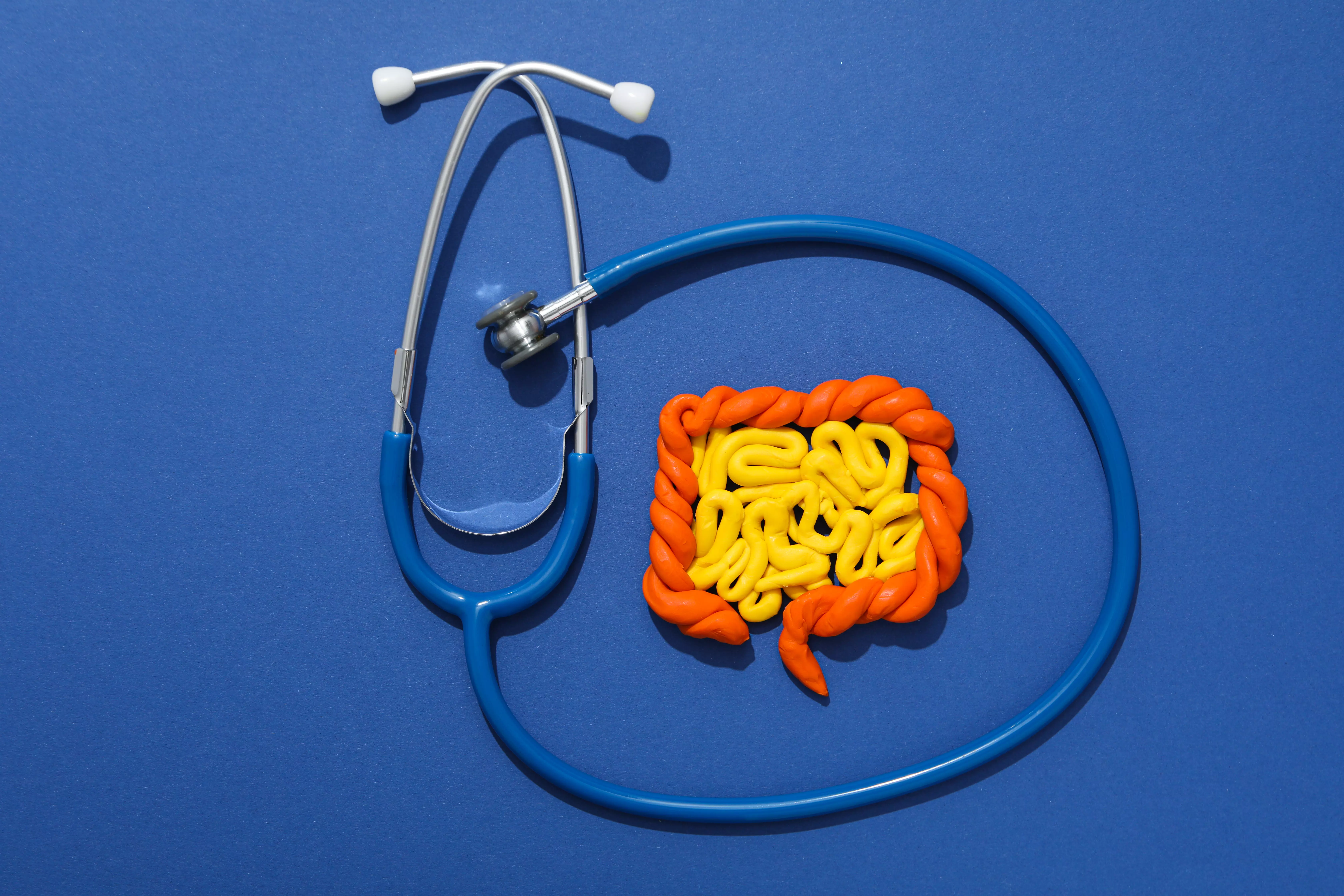Diseases of the large intestine
Diseases of the large intestine
The large intestine, or colon, is one of the key organs in the human digestive system. It is responsible for digestive processes and absorption of nutrients. Unfortunately, like many other organs in our body, the large intestine is susceptible to a variety of disorders and diseases. In this article, we will look at the most common colon problems, their symptoms and treatment methods.
Inflammation of the large intestine
Colitis is a chronic inflammatory disease that affects the mucosa of the large intestine. It is characterized by recurrent inflammation that leads to intestinal damage and symptoms such as abdominal pain, diarrhea, bloody stools, loss of appetite and general weakness. The disease most often affects young adults, but can occur at any age.
To diagnose colitis, an endoscopic examination, or colonoscopy, is performed, which allows direct viewing of the large intestine and collection of samples for histopathological examination. Treatment of colitis involves relieving symptoms and inhibiting inflammatory processes with anti-inflammatory drugs, immunosuppressants and antibiotics.
Crohn's disease
Crohn's disease is a chronic inflammatory bowel disease whose cause is not fully understood. It is manifested by recurrent inflammation that can occur anywhere in the gastrointestinal tract, but most commonly affects the small intestine or colon. Symptoms of Crohn's disease can vary widely and include abdominal pain, diarrhea, skin rashes, weight loss and nutritional deficiencies.
Diagnosis of Crohn's disease requires a number of tests, such as colonoscopy, endoscopy, CT scan, and laboratory tests. Treatment of this disease is complicated and is based on relieving symptoms with anti-inflammatory agents, immunosuppressants and an elimination diet. In some cases, surgery may also be necessary.
Polyps of the large intestine
Colorectal polyps are adenomatous appendicular lesions that can occur in the intestines. Although most colon polyps are benign, some can evolve into colon cancer, so it is important to monitor and remove them regularly. Colorectal polyps usually do not produce symptoms, so they are most often discovered incidentally during colonoscopy.
Diagnosis of colorectal polyps requires a colonoscopy, which allows direct viewing of the intestine and possible removal of polyps. If a suspicious polyp is found, it is necessary to take a section for histopathological examination. Treatment consists of removal of polyps and regular monitoring of the patient to detect any recurrence or new lesions.
Irritable bowel syndrome
Irritable bowel syndrome is a chronic disorder of the digestive system that is characterized by abdominal pain, irregular bowel movements and changes in the consistency of stools. The symptoms of irritable bowel syndrome can be very bothersome and affect the patient's quality of life. The causes of irritable bowel syndrome are not fully understood, but it is thought that they may be related to factors such as stress, diet and nervous system disorders.
Diagnosis of irritable bowel syndrome is based on clinical symptoms and the exclusion of other intestinal conditions through diagnostic tests. Treatment of irritable bowel syndrome is aimed at alleviating symptoms and consists of dietary changes, pain medication and stress reduction. Psychological support for the patient is also important, as emotional factors can affect the severity of symptoms.
